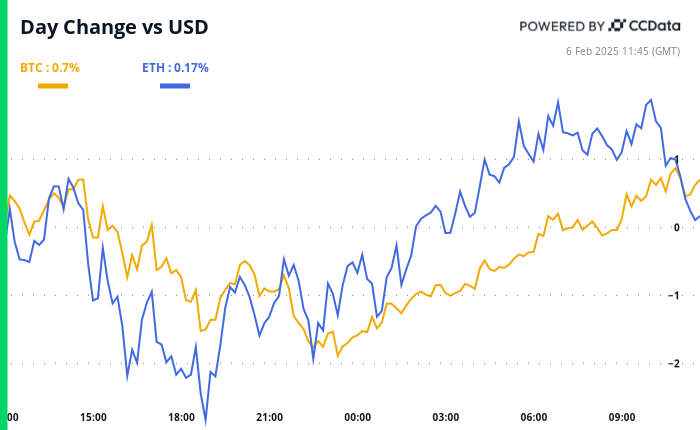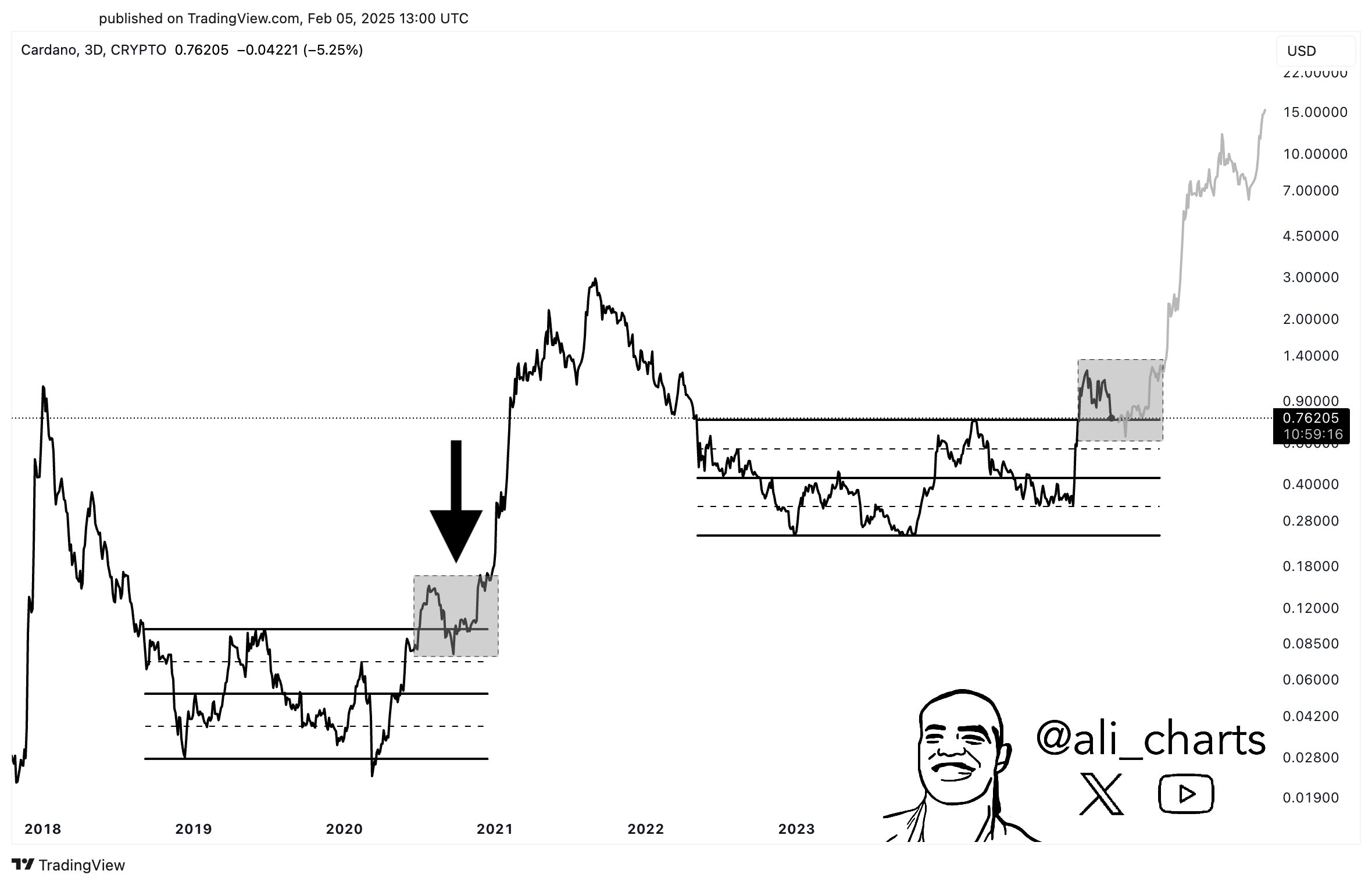Crypto derivatives exchange Deribit is closing its operations in Russia to conform to European Union sanctions, according to Russian media. However, some Russians living abroad will still have access to its services.
Russian users were warned of the coming changes on Feb. 5 through a post on Deribit’s website that read:
“Due to EU sanctions against Russia, Deribit is no longer able to accept Russian nationals and Russian residents as its clients, unless an exception applies. Since Deribit’s parent company is Dutch, these EU sanctions are relevant to us.”
The statement explained that affected users would be limited to “reduce-only” transactions beginning Feb. 17. All Russian user accounts will be closed on March 29, although withdrawals will still be possible.
The exchange is leaving 15% of its customer base
For Russian nationals living abroad, Deribit’s services would remain accessible — counterintuitively — to Russian nationals living permanently in the European Economic Area (EEA) and Switzerland, but not to Russian nationals living anywhere else. The EEA consists of the European Union (EU) member states and Iceland, Liechtenstein and Norway.
Deribit left The Netherlands for Panama in 2020 to avoid regulations. It moved from Panama to Dubai in April 2024. It had a trading volume of $1.2 trillion in 2024.
A survey done in May found that 15% of visitors to the Deribit website were from Russia. Other exchanges with heavy Russian traffic were Bybit (27%), Bitfinex (22%), HTX (14%) and MEXC (10%).
Deribit does not operate in the United States. Its website was inaccessible from the U.S. on Feb. 5. Its departure from Russia comes as the government is feeling high pressure from international sanctions and consequently warming up to cryptocurrency.
The Russian crypto scene is changing rapidly
Bloomberg reported in August that Russia was on the brink of implementing crypto on- and offramps using the National Payment Card System’s Mir card. The system belongs to the Bank of Russia and is fully regulated.
Bloomberg also quoted Finance Minister Anton Siluanov as saying the government was looking for a way to legalize crypto exchanges and may set up crypto trading programs at the Moscow Exchange and the St. Petersburg Currency Exchange.
In December, the central bank instituted measures to crack down on over-the-counter trading, just days after President Vladimir Putin heartily endorsed the use of Bitcoin and the country began using crypto for international trade.
Cryptopolitan Academy: How to Write a Web3 Resume That Lands Interviews – FREE Cheat Sheet
News – Cryptopolitan – Read More










